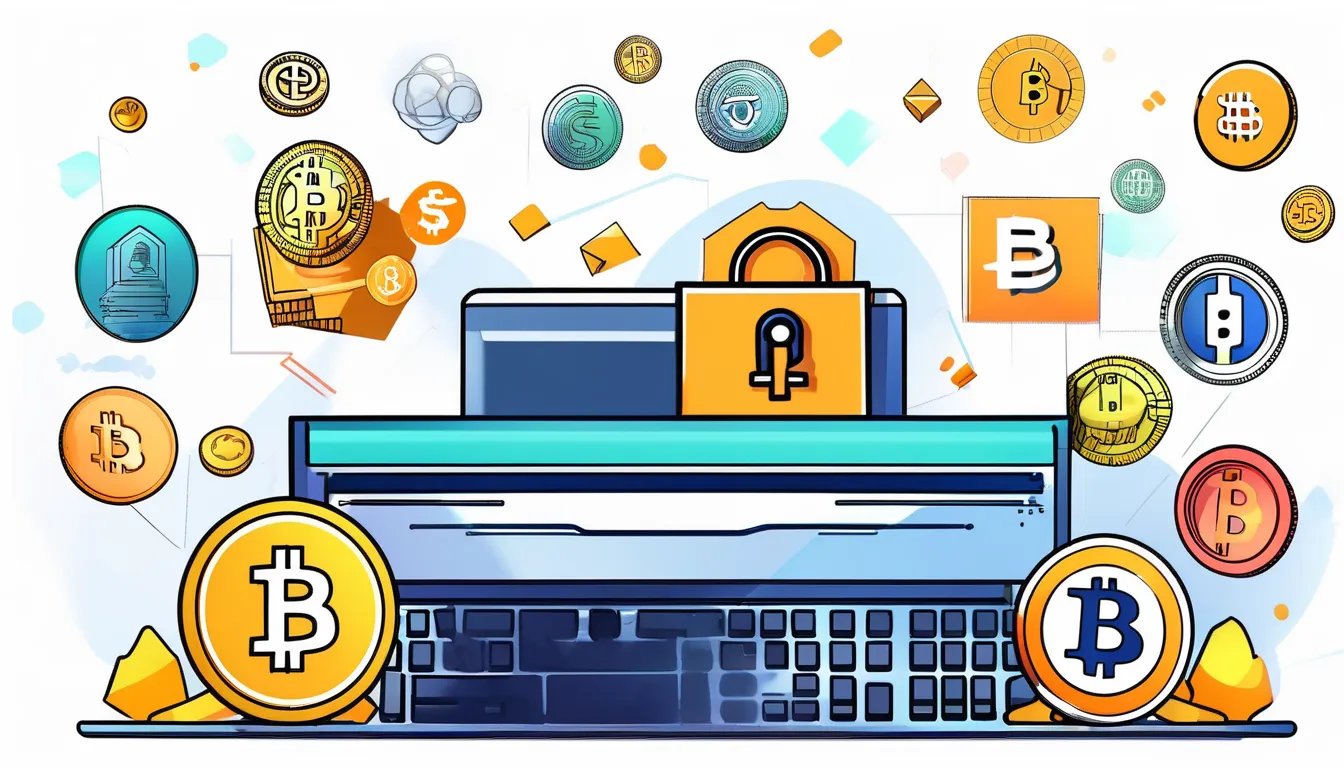
You're on the hunt for a reliable broker, but with the increasing number of scams in the market, it's getting harder to separate the legitimate ones from the fake. You've likely come across a broker that seems too good to be true, promising unrealistic returns and guaranteed success. But can you really trust them? Unfortunately, many investors have fallen victim to scam brokers, and it's often due to overlooking crucial warning signs. To protect your financial security, it's essential to identify these red flags – and we're about to explore the top 4 signs that should raise your suspicions.
Unrealistic Promises and Guarantees
When you're shopping around for a broker, it's easy to get caught up in promises of overnight riches and guaranteed success. If an offer seems too good to be true, it probably is.
Be wary of brokers who promise unusually high returns, especially if they're guaranteed. No legitimate broker can guarantee returns, as investments always carry some level of risk.
Legitimate brokers will provide you with realistic expectations and explain the risks involved in investing. They'll also give you time to make informed decisions, rather than pressuring you into acting quickly.
Scam brokers, on the other hand, will often create a sense of urgency to get you to invest as soon as possible. They might claim that their offer is only available for a limited time or that you'll miss out on huge returns if you don't act fast.
If a broker is making unrealistic promises or guarantees, it's best to steer clear. Do your research and look for reviews from other clients to get a sense of their reputation.
Unregistered and Unlicensed Broker
Before investing with a broker, do your research to ensure they're registered and licensed with relevant regulatory agencies.
It's your responsibility to verify a broker's legitimacy, as unregistered and unlicensed brokers can be a significant threat to your financial security.
You can check with regulatory agencies such as the Securities and Exchange Commission (SEC) in the US or the Financial Conduct Authority (FCA) in the UK to see if a broker is registered.
If a broker is unregistered or unlicensed, it's likely they're operating outside the law and won't be held accountable for their actions.
This means you'll have little to no protection if something goes wrong.
Unregistered brokers often don't comply with industry standards, don't segregate client funds, and may engage in fraudulent activities.
When researching a broker, look for licenses and registrations on their website, and verify the information with regulatory agencies.
A legitimate broker will proudly display their licenses and registrations.
Be cautious of brokers who claim to be registered but can't provide proof or have a history of disciplinary actions.
Poor Customer Support Services
Lacking proper support channels, you may find yourself stuck with a broker who's unresponsive to your needs.
This can be frustrating and may signal a scam. A legitimate broker should have multiple support channels, such as phone, email, and live chat.
- Unresponsive Support
- If you try to contact the broker's support team and they don't respond, or take too long to respond, it's a red flag. You should be able to get help quickly and easily.
- No Support Channels
- A broker with no support channels is a sign of trouble. You should be able to find contact information, such as phone numbers and email addresses, on the broker's website.
- Unhelpful Support
- If the support team is unhelpful or unprofessional, it's a sign that the broker may not have your best interests in mind. The support team should be knowledgeable and willing to help you with any issues you're experiencing.
Suspicious Withdrawal Procedures
If you've made a profit trading with a broker, you likely want to withdraw your funds quickly and easily. However, some brokers use withdrawal procedures to delay or deny your access to your money.
When it comes to suspicious withdrawal procedures, you should be on the lookout for lengthy processing times or multiple verification steps that seem excessive.
You should also be wary if the broker requires you to deposit more funds before you can withdraw your earnings. This is likely a tactic to get you to invest more of your hard-earned money, rather than letting you access your profits.
Additionally, if the broker charges high fees for withdrawals, this could be a sign of a scam.
You can also check the broker's website for any in reclaim stolen crypto mation regarding their withdrawal procedures.
Legitimate brokers will have clear and concise information on how to withdraw funds, as well as any associated fees.
If you're unsure about the broker's withdrawal procedures, it's best to err on the side of caution and avoid trading with them.
Frequently Asked Questions
Can I Report a Scam Broker to My Bank?
If you suspect a scam, you can report it to your bank, but they may not be able to take immediate action. You'll likely need to file a report with the relevant financial authorities too.
How Do I Recover Money From a Scam Broker?
You can recover money from a scam broker by acting quickly, contacting your bank to freeze transactions, and reporting the scam to authorities, such as the Financial Conduct Authority or the Federal Trade Commission.
What if I Invested With a Scam Broker Unknowingly?
If you unknowingly invested with a scam broker, you're likely feeling frustrated and worried. You're probably wondering what steps to take next and how to recover your lost funds quickly and safely.
Can I Sue a Scam Broker in My Country?
If you've been scammed, you're likely wondering if you can take action. You can sue a scam broker in your country, but it's crucial you gather solid evidence and consult a local lawyer who's familiar with investment laws.
Are All Offshore Brokers Considered Scam Brokers?
You might assume all offshore brokers are scams, but that's not true. Many reputable offshore brokers are licensed and regulated, offering competitive services. Don't judge them solely by location; research their credentials instead.
Conclusion
You've learned the top signs of a scam broker, now it's up to you to protect yourself. Don't fall for unrealistic promises and guarantees, and always check a broker's registration and licensing. Be wary of poor customer support and suspicious withdrawal procedures. By being aware of these red flags, you'll significantly reduce your risk of falling victim to a scam broker. Stay vigilant and do your research before investing your money.


